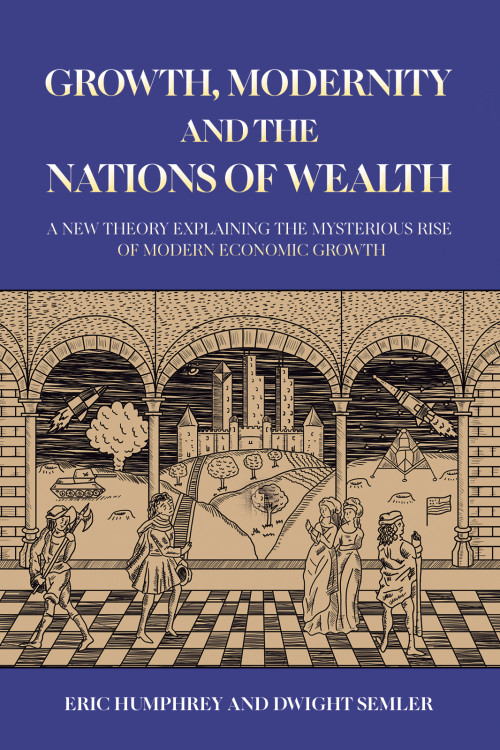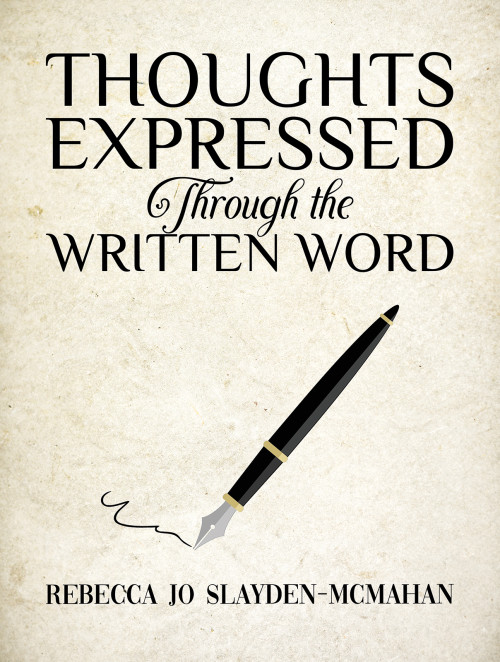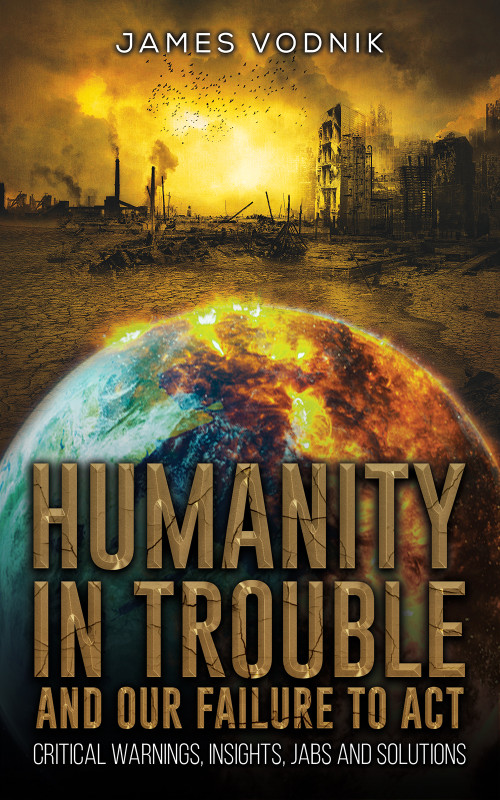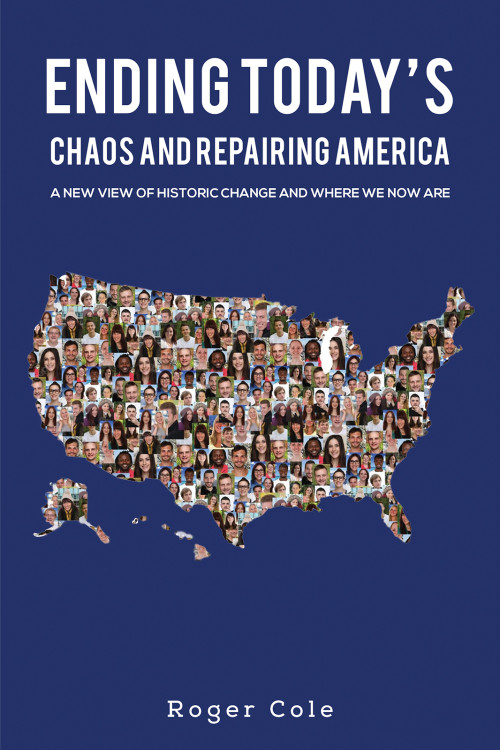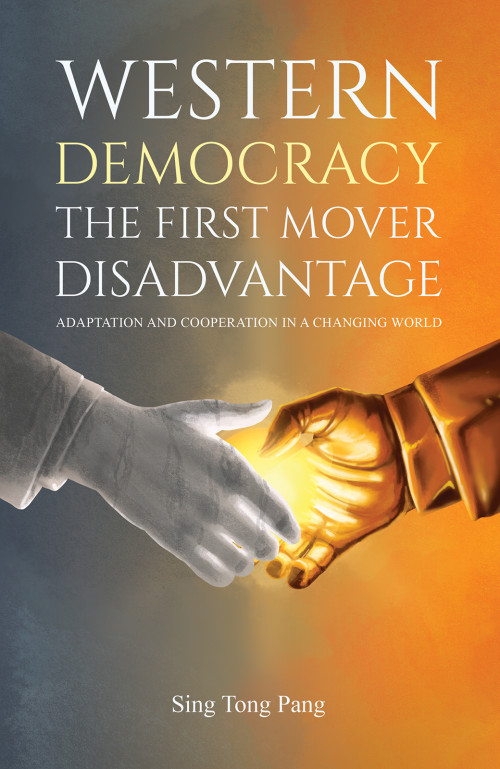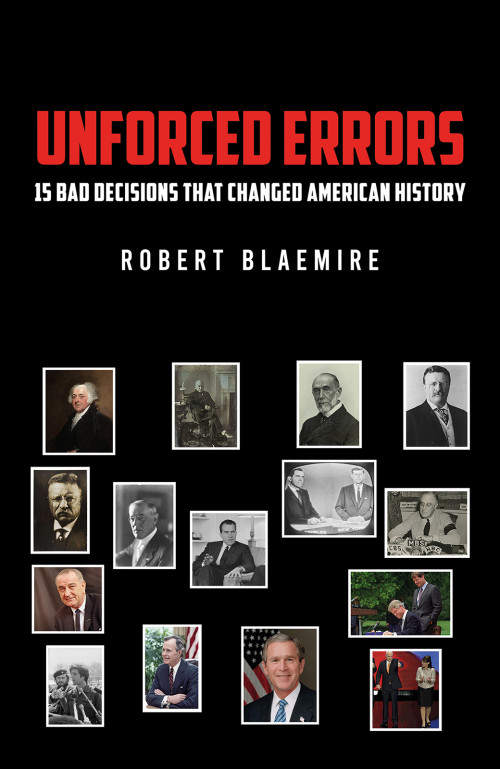-
Growth, Modernity and the Nations of Wealth
Eric Humphrey and Dwight Semler present a new theory explaining the mysterious historical emergence of modern economic growth and its even more baffling offspring, modernity. Noticeable changes in material life began less than three centuries ago, but previous theoretical accounts have failed to explain their arrival. Thinkers assumed modern wealth and morality were the universal standard driving human history. They assumed modern rights and riches were natural and normal. In this way they thought of such things as ends rooted in human nature, rather than deriving them as consequences from a historical, nonmodern baseline. Misdirected, they set out to liberate the imprisoned modern homunculus who “caused modernity” through moral education and economic institutions. Modernity became an “awareness problem.” Yet this high-maintenance modern self and its ever-growing needs are a consequence of modern processes rather than their cause. Consequently, theorists of the modern world produced comically omnipotent notions of human agency. Marxists and developmental economists saw modernity as a moral or material self-realization project, requiring only a liberator or engineer. But when their God-of-Genesis model failed the facts, they overreacted and defaulted to its alter ego—humans were passive leaves in the wind of history. Modernity thus oscillates between a chosen destiny and a given fate. With modernity represented as a historical fate, all pretense of a grand theoretical view vanishes in thick description of one damn thing after another, and the historian’s rote chronology replaces any theoretical causality, as a specific description of a particular falling rock replaces a general theory of gravity.
Understanding the modern world and how it came to be, argue the authors, is less a matter of facts than of the foundational assumptions used to link facts together into robust and coherent theories. We must un-assume our modern selves and give poverty and illiberality their just historical due. With better and more scientifically consistent assumptions, they argue, the old facts of history can be seen in a new way. Then the solution to understanding the most puzzling and abnormal of human events, the modern world itself, turns out to be hiding in plain sight.
$26.95 -
Thoughts Expressed Through the Written Word
This literary work is the product of my personal activity in the effort of lifelong self-expression. Self-expression can be accomplished through a number of manners, including all forms of art, music and performance. My form of expression is through the written word. As I experience the varied performance arts of others, I appreciate the message and communication of the artist and ultimately experience self-growth. Some individuals are driven to self-identify and as Dale Carnegie stated, “Self-expression is the dominant necessity of human nature.” I started writing when I was twelve years old.
This work expresses the intellectual, emotional, and personal growth I have experienced over a period of fifty-five years. As stated by Oprah Winfrey, “If we’re really committed to growth, we never stop discovering new dimensions of self and self-expression”. My two previous literary works, Grinnin’ Like a Jenny Eatin’ Saw Briars and Let Me Tell You a Story, published by Austin Macauley involve the communication of events and experiences in my life. As stated by Pearl S. Buck, “Self-expression must pass into communication for its fulfilment”. For this reason, I have chosen to fulfil my literary work through the writing and publication of this book.
$21.95 -
Humanity in Trouble and Our Failure to Act
Mankind is on a crash course with destiny and doesn’t seem to have a clue! We are witnessing rapidly accelerating global warming of our own making that could potentially result in species extinctions, including our own. Witness widespread signs of the impending disaster including super storms, record drought, floods, forest fires and climate refugees. Dangerous nuclear saber rattling by Russia and North Korea is on the upswing and the Russian invasion of Ukraine threatens to expand to Western Europe. The increasing number of fascist, autocratic, dictator-run states such as China, North Korea, Turkey, and Brazil are snuffing individual freedoms, denying social justice and fanning the flames of global conflict. The world’s population is rapidly approaching eight billion and is well past the point of Earth’s ability to sustain us. Crushing poverty, starvation, and dozens of militarized religious and ethnic conflicts. We have polluted our planet with toxic chemicals, oil spills, reckless dumping of trash on land and sea, contaminating the oceans with fish and fowl killing plastic waste.
This book is the result of overwhelming outrage and disappointment with our species, our failure to adequately address worldwide problems that threaten our very existence. We (if there is a ‘we’) should be embarrassed and ashamed. Nature has endowed us with near perfect bodies and amazing brains and for the most part we squander our evolutionary inheritance. And the greatest gift of all, consciousness, is under-developed in most of us. In this collection of essays, the author offers insights into the human condition, the reasons we have run afoul of the natural order, along solutions to alleviate human suffering on an individual and global scale plus some playful jabs at our human folly.
$14.95 -
Ending Today’s Chaos And Repairing America
In our modern American society, we find ourselves amidst a disheartening breakdown, where chaos prevails. The dominance of a few corporations stifles diversity across numerous sectors of our economy. Complex and biased laws and tax systems cater to special interests, while the upbringing of many children and the quality of education are skewed towards wealthy areas. Moreover, our online platforms inundate us with fraudulent schemes, adding to the societal disarray.
This thought-provoking book offers a fresh perspective on historical change, presenting the idea that the Western world has undergone three distinct civilizations: the Greco-Roman, the Medieval, and the Enlightenment. With the passing of each civilization, we have witnessed a gradual deterioration of institutions and the erosion of social consensus. Examining the challenges we face today, the book delves into the concept of ‘Justice’ and questions what truly constitutes a fair society. It then presents a range of potential improvements to our current institutions, serving as a temporary measure until a new civilization emerges. Additionally, the book explores America’s place in the global context and delves into the complexities faced by other civilizations experiencing their own periods of institutional breakdown.
By offering a critical analysis of our present state and proposing alternative perspectives, this book provides a guiding light for navigating the turbulent waters of societal transformation. It inspires hope for a future where our institutions can be reimagined, fostering a more just and harmonious society.
$25.95 -
Western Democracy: The First Mover Disadvantage
What happens when yesterday’s winning formula becomes today’s liability?
In this bold and thought-provoking book, Western Democracy: The First Mover Disadvantage, the triumphs of Western democracies are reexamined as the seeds of their current struggles. Once hailed as the pinnacle of governance, freedom, and prosperity, the West now faces mounting challenges: unsustainable welfare states, deindustrialization, entrenched interest groups, and a paralyzing inability to adapt to shifting global dynamics.
Meanwhile, China has risen as a global powerhouse by learning from—and improving upon—the West’s model. By blending state-led planning with market innovation, China has avoided the pitfalls of short-termism and systemic inertia. Its unparalleled adaptability and strategic foresight have propelled it to the forefront of technology, infrastructure, and economic development.
But this isn’t just a story about decline or rivalry. It’s a call to action. The book argues that for Western democracies to remain relevant, they must rediscover the innovative spirit and pragmatism that once defined their success. It also challenges long-held assumptions about U.S.–China relations, proposing a future of collaboration over confrontation in addressing global challenges like climate change, artificial intelligence, and economic inequality.
Compelling, provocative, and deeply insightful, Western Democracy: The First Mover Disadvantage will change how you think about the past, present, and future of global power. Will the West cling to its outdated playbook or dare to weave a new path forward? The answer may shape the 21st century.
$8.95 -
Unforced Errors: 15 Bad Decisions That Changed American History
Americans often use terms such as “To err is human,” or “nobody’s perfect,” or “we all make mistakes.” Of course, this is true, as it is for all of America’s leaders through the years.
This book is about decisions made in politics or public policy that may be considered unwise; bad decisions that had unintended negative consequences for the decision-maker. This will not include personal decisions like deciding who to marry or whether to get divorced but rather to look at those political and policy decisions that can be considered, at the very least, unwise. Similarly, Kennedy’s decision to visit Dallas in November 1963 led to his death but doesn’t really qualify as a decision of real political or policy calculation. Lincoln going to Ford’s theatre would be in that same category.
Instead, Unforced Errors lists 15 political calculations made by political figures, often at the pinnacle of their own success, which changed American history.
$14.95 -
Tears of Love
Everybody wants freedom. Every nation seeks it. Every organization demands it. The press, too, fights for its freedom. From the Garden of Eden to the present day, the quest for freedom has continued unabated. Yet, no one has ever truly defined what freedom is, making it a deeply subjective concept.
The British press is one of the freest and most powerful in the world, but its perception of freedom is its own. When press freedom collides with the idea of perceived press freedom in an era of political correctness, the consequences are profound. This book delves into that very collision, exploring its impact on society and media integrity.
A must-read for anyone interested in the power of the press, this book reveals how the British media shapes, influences, and even alters public perception.
In today’s world, information is everything. The speed at which it flows has transformed the world into a global village. But what happens when that flow is controlled, manipulated, or misunderstood? This book seeks to answer that question.
$21.95 -
The Way of Undoing
The Way of Undoing: Capitalism, Trauma, and the Return of Wonder is an intimate personal exploration of possibility and discovery through stories and adventures great and small.
The author’s search for reconciliation with a war-traumatised father traces the origins of transgenerational trauma from capitalist roots to today’s internet, where data, information, and misinformation streams have taken the place of dialogue and storytelling. Climate change and pandemics have thrust Western culture upon an emotionally stuck world and challenge the collective human story that we, and the author, are writing as we live.
$15.95 -
Tulip for Tebeau
Pioneers and their schools have long had a mutually beneficial bond. This symbiosis was eloquently articulated by a Duke University resident, Broadbent, at the dedication ceremony for the Samuel DuBose Cook Center for Social Equity: “You have led a remarkable life and we are today annexing your name to the fame of this school. Some might say we are honoring you by naming the Center after you, but everyone knows the truth - we are honoring ourselves and this Center by appropriating your enduring legacy.”
Cook, a distinguished political scientist, made history in 1966 as the first Black professor to receive tenure at a predominantly White southern university in the United States. By affiliating themselves with his pioneering work, schools like Duke aim to share in the honor and social capital of civil rights icons. Yet as Broadbent suggests, the true beneficiaries of such naming opportunities are arguably the institutions themselves.
$16.95 -
The Prince of Evolution
The Prince of Evolution is the evolutionary reframing of one of the most important and controversial political texts in history. It reframes Machiavelli’s The Prince as a text expressing a revolutionary political theory that expresses an evolutionary ‘best practice’ framework for political competition.
By applying the two patterns of evolution, natural and artificial, discovered by Charles Darwin and David R. Wood. In doing so it reveals new insights and value to be derived from Machiavelli’s original text. Most importantly, by providing an evolutionary framework for every human relationship that has ever existed, and reframes Machiavelli, the man, to be just as human as you or I.
The Prince of Evolution is a groundbreaking work that will disrupt the entire field of political science. And the way we all look at organizations, communities, and ourselves.
$17.95 -
The National Debt and Our Grandchildren: Should We Worry?
Throughout our history Americans have embraced the myth that our national debt is immoral and destructive.
This deeply rooted belief goes back to our Founding Fathers: Jefferson excoriated debt as “the greatest of dangers to be feared.” Andrew Jackson demonized debt as “a national curse.” Current political leaders continue to endorse this negative view of our national debt. Obama said that incurring debt was “irresponsible” and “unpatriotic.” John McCain condemned it as “generational theft.”
In this book, the prize-winning economics professor Arthur Benavie, demonstrates in clear and non-technical language that belief in this myth has repeatedly blocked our federal government from creating jobs and investing in our children’s future.
Benavie describes the many occasions, including from the administrations of FDR to Obama, where our leaders were faced with severe political retribution at the mere suggestion that their policies would increase the national debt.
Belief in this myth presents a continuing danger to the wellbeing of our children and grandchildren. Benavie examines several ways to disempower it.
$13.95 -
The American
America has gone beyond ethicality. Education is not lacking in ethical behavior, although it is lacking in morality. Children know too well what is good and what is bad. If parents were to fail in teaching so, the entire system will take care of teaching it. America has gone so far by making law enforcement greater every day, that it is becoming unethically ethical. When all is enforced, all actions are watched, and everyone is afraid. When people are afraid, they become violent.
$13.95
We use cookies on this site to enhance your user experience and for marketing purposes.
By clicking any link on this page you are giving your consent for us to set cookies

